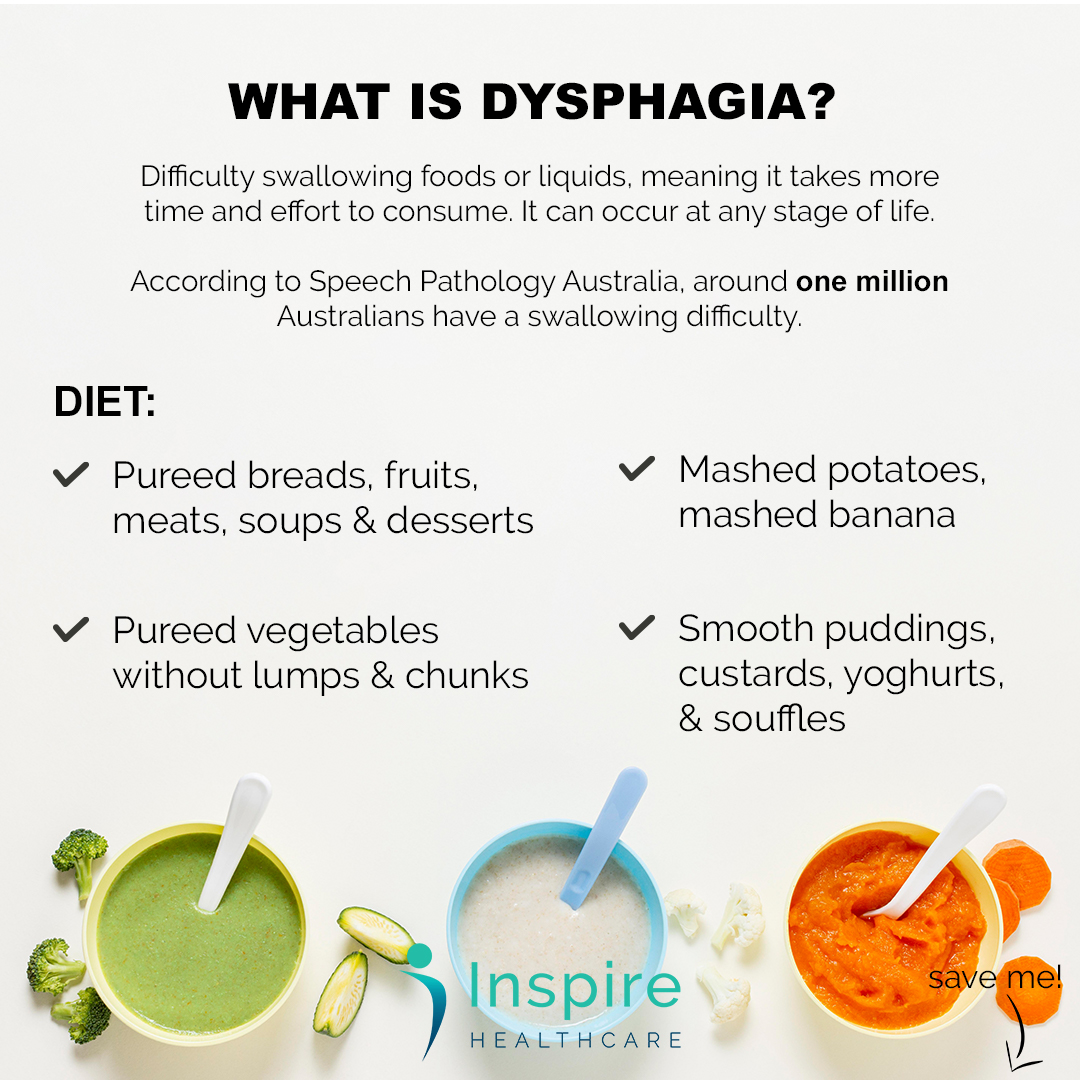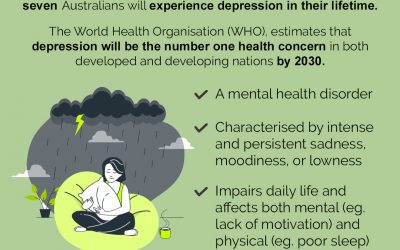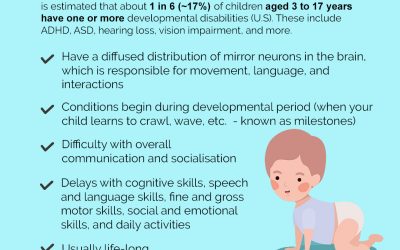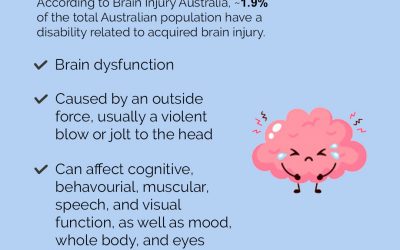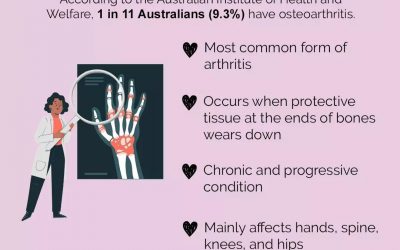What is Dysphagia?
Dysphagia is difficulty swallowing. This is when there is a problem with the neural control or the structures involved in any part of the swallowing process. Weak tongue or cheek muscles may make it hard to move food around in the mouth for chewing.
Many people need to be on a diet for different reasons – some may be due to medical necessity. Dysphagia is a condition that mainly affects children and older people.
Symptoms to watch out for
- Difficulty starting a swallow
- Feeling like food or liquid is stuck in the throat or chest
- Choking or coughing when eating or drinking
- Regurgitation of food or liquids
- Feeling like food is getting stuck in the chest after swallowing
- Drooling or having difficulty controlling saliva
- Unexpected weight loss or malnutrition
Causes of Dysphagia
The causes of dysphagia can vary depending on the type of dysphagia. Some of the common causes can include:
- Neurological conditions such as stroke, Parkinson’s disease, multiple sclerosis, and cerebral palsy
- Muscular disorders such as muscular dystrophy and myasthenia gravis
- Structural abnormalities of the mouth, throat, or esophagus
- Gastroesophageal reflux disease (GERD)
- Certain medications or medical treatments such as radiation therapy
- Age-related changes to the swallowing muscles
- Cancer of the mouth, throat, or esophagus
- Traumatic injuries to the head, neck, or spinal cord.
With the help of a dietitian, and understanding what foods one can eat, and how it should be eaten, those with dysphagia can begin to eat and drink with ease when they are dieting properly.
Author
-

Guyver Mac
Managing Director & Principal PhysiotherapistGuyver specialises in gerontology and neurological physiotherapy, and has been working with NDIS since 2017 and practicing physiotherapy since 2015. He excels in treating conditions like Multiple Sclerosis (MS), stroke, neurological conditions, and global developmental delay. One of Guyver's favourite career moments as a physio is helping an Inspire Healthcare client with Multiple Sclerosis walk his daughter down the aisle at her wedding. Outside of work, Guyver enjoys going to the gym, swimming, and watching rugby league.
